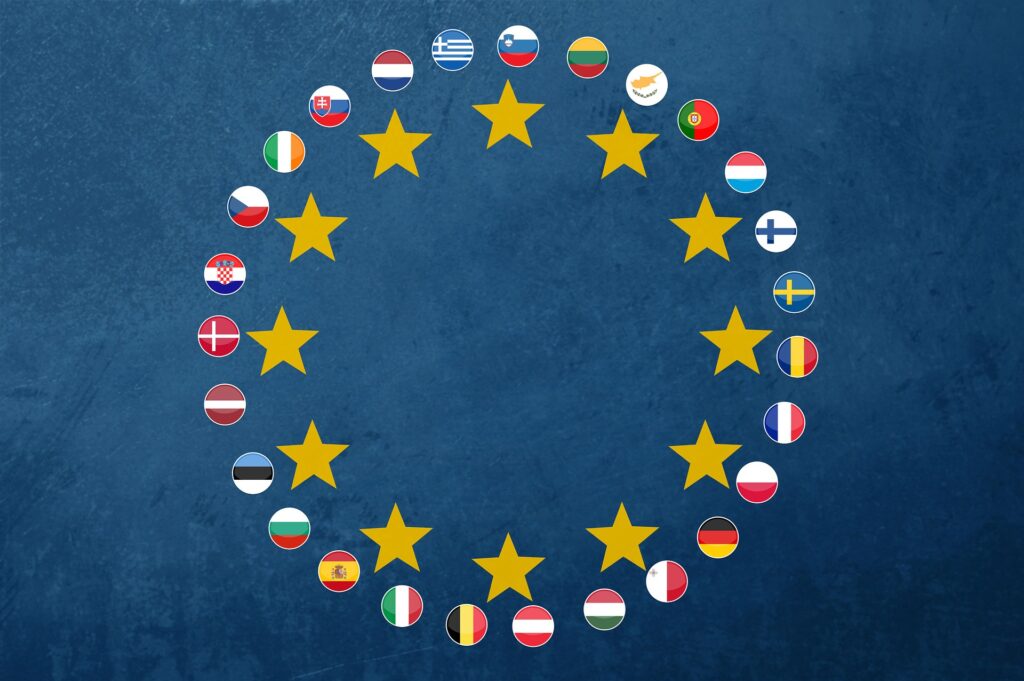Official Blog of the European Competition and Regulatory Law Review (CoRe)
Der CoRe Blog bietet ein Austauschformat für aktuelle Analysen der Entwicklungen im EU-Wettbewerbsrecht. offizieller Blog der vierteljährlich erscheinenden, mit einem doppelten Peer-Review-Verfahren versehenen Zeitschrift European Competition and Regulatory Law Review (CoRe), füllt der CoRe-Blog die Lücken, die eine viermal jährlich erscheinende Zeitschrift nicht schließen kann: Neuigkeiten und Analysen der Entwicklungen im EU-Wettbewerbs- und Regulierungsrecht.

Features ×

Blog Editor
LL.M., PhD, currently legal trainee at the Higher Regional Court of Berlin.


Blog Editor
Assistant Professor of Competition Law and Digital Regulation, Tilburg University
Friso Bostoen is an assistant professor of competition law and digital regulation at Tilburg University. Previously, he was a Max Weber Fellow at the European University Institute. He holds degrees from KU Leuven (PhD, LLM) and Harvard University (LLM). Friso’s research focuses on antitrust enforcement in digital markets. His work has resulted in numerous international publications, presentations, and awards (including the AdC Competition Policy Award 2019 and the Concurrences PhD Award 2022). In addition, Friso edits the CoRe Blog and hosts the Monopoly Attack podcast.
Head of Editorial Department and Data Protection Officer
Responsible for EStAL (European State Aid Law Quarterly), EPPPL (European Public Private Partnership Law Review) and CoRe (European Competition and Regulatory Law Review). Overseeing Lexxion Publisher’s privacy and data protection compliance.

Former Blog Editor
Senior Associate, Motieka & Audzevicius PLP, Vilnius
Features ×
Features ×
Sie möchten einen Beitrag einreichen oder zur Weiterentwicklung des CoRe Blogs beitragen? Weitere Details finden Sie auf der englischsprachigen Seite.
Gastbeitrag einreichen









